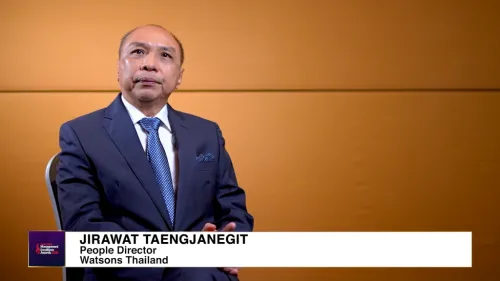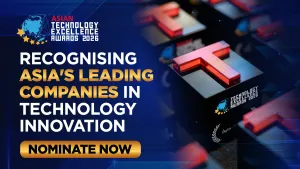
Singapore eyes other sectors to fix healthcare talent crunch
Finance, technology, and consultancy professionals can help plug the gap.
Singapore is looking at training workers in other sectors to address a talent crisis in healthcare that has gotten worse since a global coronavirus pandemic.
“Healthcare is primarily a service industry that involves managing patient care and following through with treatment plans,” said Beng Teck Liang, CEO at Singapore Medical Group (SMG).
“From this perspective, there are transferable skills from other industries, such as hospitality.”
Beng, a doctor, said key skills that could benefit the city-state’s healthcare sector include communications and empathy.
“Jobs in the healthcare sector often require strong communication and problem-solving skills and the ability to empathise with patients and their families,” said Kelvin Seah, a senior lecturer at NUS Faculty of Arts and Social Sciences’ Department of Economics.
“They also require individuals who are meticulous, careful, and dedicated.”
Expertise in information technology can also boost productivity and efficiency in the data-driven healthcare industry, whilst effective record-keeping and data privacy are crucial. Finance, technology, and consultancy professionals can also help plug the talent gap.
Seah noted that professionals from industries like education and hotel and accommodation with strong communication skills, attention to detail, empathy, and problem-solving abilities could transition into healthcare.
Singapore, which had the highest life expectancy among Southeast Asian countries in 2023 — its citizens live to about 84.3 years, according to the World Atlas — has been grappling with a shortage in health workers due to its ageing population and a shift to preventive healthcare.
The rise in chronic diseases that require specialised care has exacerbated the problem.
Transitioning to healthcare, however, could be difficult since the pay is not as competitive, Seah said. “Whilst salaries have generally been increasing over time, they are not known to be high compared with jobs in many other sectors.”
Healthcare work is also associated with long, unpredictable hours, and stressful conditions.
“These factors do not create strong incentives for people to join the healthcare sector,” he added.
State policies are also not as supportive, complicating the hiring and training process. “These factors make it difficult to attract talent from other sectors despite the growing demand for skilled professionals in healthcare,” Beng said.
He said SMG has started recruiting radiographers locally and overseas, cross-training them and keeping a flexible structure that allows clinic staff to be deployed across three locations based on patient load.
But a shortage in nurses, sonographers, and radiographers persist.
Tech solutions
Seah said technology could alleviate the shortage, noting that smart devices such as digital wearables may be used instead of human nurses to read vital signs.
Telemedicine, artificial intelligence (AI), system integration, and automation, whilst costly, can ease the burden on health workers by streamlining administrative tasks and improving diagnostics.
Tech solutions like SMG’s Health+ App allows patients to book appointments, download reports, and request prescriptions, freeing them from repetitive tasks.
The group has a portal that lets patients access diagnostic scan images and reports through a website or mobile app. It also uses a WhatsApp chatbot to answer frequently asked questions, boosting clinic staff productivity.
Meanwhile, digital dentistry tools such as X-rays with cone beam technology and 3D digital modelling for dental crowns and bridges improve workflow efficiency and reduce the turnaround time for patients.
Beng said on-the-job training is a quick way to bridge the skill gap. Targeted programs, incentives, and clearly communicating career opportunities to workers could also remove barriers.
The government is trying to address the skill gap by providing learning opportunities and subsidies to help workers upskill in areas related to healthcare. The Ministry of Manpower helps mid-career professionals to transition into healthcare roles through training and mentorship, targeting those with transferable skills.



















 Advertise
Advertise










